When it comes to thrilling exploration, scuba diving takes the cake. Ask any underwater adventurer about their most exhilarating experience; chances are they’ll narrate their breathtaking scuba diving encounters. And if you’re lucky, you’ll hear about their unforgettable experiences of Bali diving, a must-visit haven for divers across the globe. But as much as we love the vibrant marine world, and as inviting as the clear turquoise water of diving in Bali may seem, we can’t stress enough about the importance of understanding and avoiding common diving injuries. Today, we’ll walk you through some practical advice and insights on how to stay safe while enjoying your underwater adventures.
Understanding the Dangers
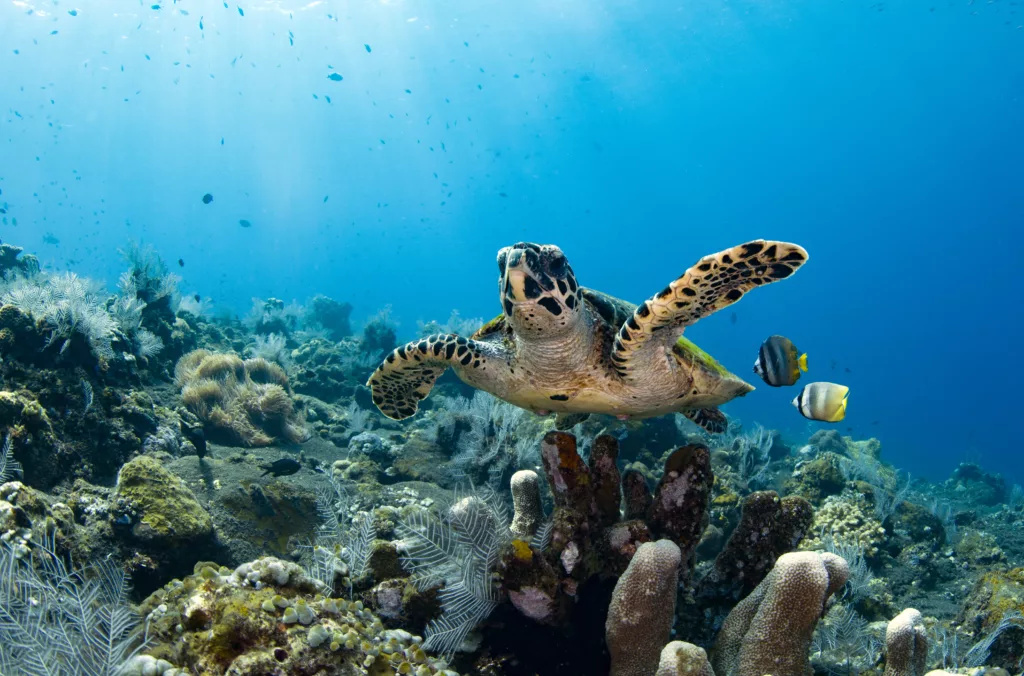
Scuba diving is an exhilarating experience that invites us into the enchanting underwater world. However, before strapping on the scuba gear, it’s crucial to comprehend the associated risks. These risks stem from the inherent pressure changes that our bodies undergo while beneath the surface. Potential health hazards include decompression sickness, barotrauma, and nitrogen narcosis. Decompression sickness can occur due to rapid ascent, leading to the formation of harmful gas bubbles in the blood. Barotrauma is an injury resulting from the failure to equalize pressure in an air space within our body. Nitrogen narcosis, on the other hand, is akin to inebriation caused by nitrogen under pressure. Not respecting the safety protocols, neglecting equipment upkeep, or venturing into high-risk diving zones can escalate the chances of injuries. Thus, imparting yourself with comprehensive knowledge of diving safety measures and risks is non-negotiable, regardless of whether you’re exploring a calm local lake or embarking on an adventurous dive in the exotic waters of Bali.
Moreover, Bali’s reputation as a premier diving destination makes it all the more imperative to prioritize safety. With its diverse marine life, captivating underwater landscapes, and array of dive sites, Bali offers a wealth of opportunities for underwater exploration. However, the allure of Bali’s underwater wonders should not overshadow the importance of safety precautions. Whether you’re diving along the vibrant coral reefs of Menjangan Island or exploring the iconic USAT Liberty shipwreck in Tulamben, it’s essential to adhere to established safety protocols and guidelines. By doing so, you can enjoy the thrill of diving in Bali while minimizing the risks associated with underwater exploration.
Furthermore, enlisting the services of a reputable dive operator can enhance your safety and overall diving experience in Bali. Experienced dive operators employ knowledgeable guides who are well-versed in safety procedures and trained to handle emergency situations effectively. Additionally, they prioritize equipment maintenance and conduct thorough dive briefings to ensure that divers are adequately prepared for their underwater excursions. By choosing a reputable dive operator with a strong emphasis on safety, you can dive with confidence and peace of mind, knowing that your well-being is in capable hands.
Gear Up Right: A Key to Safety
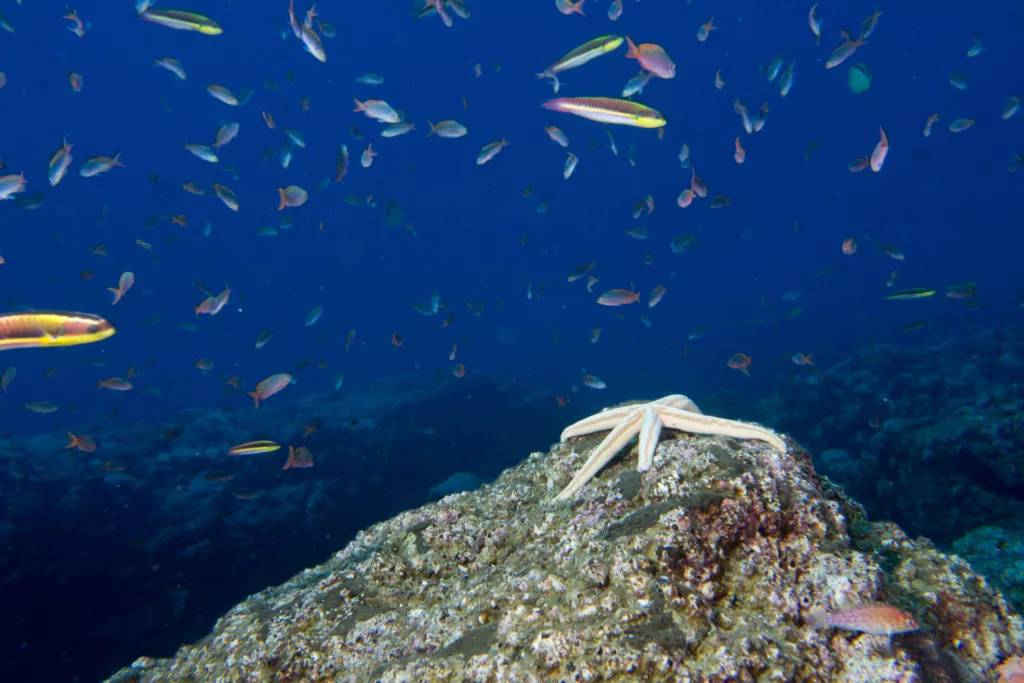
While the allure of the undersea can be enchanting, remember the cornerstone of safe scuba diving is deploying the right equipment. Specifically designed to withstand the challenges of underwater exploration, your scuba gear must be just as resilient as it is comfortable for seamless mobility. Gear-fitting is an important exercise that ensures convenience and safety. Equipment failure has the potential to lead to catastrophic accidents during your dives. Therefore, ensuring that your diving gear is in impeccable working order is a critical safety prerequisite. This not only involves investing in quality equipment but also mandates regular inspections, cleaning, and overall maintenance. Do not venture out for underwater adventures equipped with faulty gears, remember, what stands between you & deep-sea dangers is your well-kept equipment.
Moreover, understanding the nuances of buoyancy control is essential for a safe and enjoyable diving experience. Achieving neutral buoyancy allows divers to effortlessly navigate through the water column while conserving energy and minimizing the risk of collisions with delicate marine life or underwater structures. Proper buoyancy control also enhances safety by enabling divers to maintain a consistent depth throughout the dive, thereby reducing the risk of barotrauma and decompression sickness. Mastering buoyancy control requires practice and patience, but the benefits in terms of safety and comfort underwater are invaluable. By fine-tuning your buoyancy skills, you can optimize your diving experience in Bali’s mesmerizing underwater world.
Furthermore, staying informed about local diving conditions and potential hazards is paramount for ensuring a safe and rewarding diving experience in Bali. Factors such as water temperature, currents, visibility, and marine life behavior can vary significantly from one dive site to another. By staying abreast of these conditions and adjusting your diving plans accordingly, you can minimize the risk of encountering unexpected challenges or dangers underwater. Additionally, seeking guidance from experienced local dive operators and instructors can provide valuable insights and enhance your overall safety awareness while diving in Bali.
Training and Expertise: Your Safety Guards
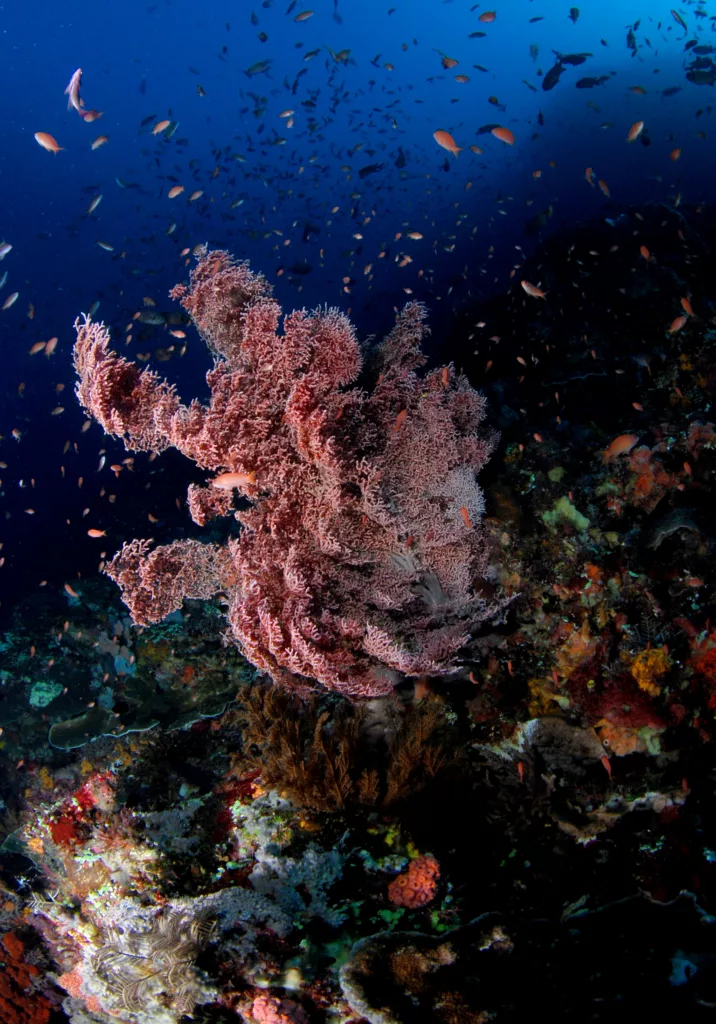
While the marine ecosystem’s allure is irresistible, remember, it can also manifest unforeseen hazards that are dangerously unpredictable. Diving without proper training can destabilize even the most seasoned of explorers. To mitigate such dangers, joining a certified scuba diving course is highly recommended. It prepares you with crucial skills and techniques to contend with potentially dangerous situations. Such training offers practical experience and theoretical knowledge on emergency protocol, equipment handling, surface swimming, and much more. After all, nothing beats being prepared – & that’s why you need to regard your expertise as your safety shield, enabling swift and correct responses to any emerging threat.
Furthermore, maintaining peak physical fitness is crucial for ensuring a safe and enjoyable diving experience in Bali’s underwater paradise. Scuba diving can be physically demanding, requiring strength, stamina, and flexibility to navigate through the water and handle potential challenges underwater. Engaging in regular exercise routines that target cardiovascular health, muscular strength, and flexibility can help improve your overall fitness level and enhance your diving performance. Additionally, practicing relaxation techniques such as deep breathing and meditation can help reduce stress and anxiety, promoting a calm and focused mindset essential for safe diving practices.
Moreover, fostering a culture of environmental stewardship is essential for preserving Bali’s fragile marine ecosystems and ensuring the sustainability of diving activities for future generations. Responsible diving practices such as avoiding contact with sensitive marine life, minimizing pollution, and supporting local conservation efforts can help minimize the impact of diving on the underwater environment. By promoting sustainable tourism practices and advocating for marine conservation initiatives, divers can play a vital role in protecting Bali’s underwater treasures for years to come.
Diving in Bali: A Must-Visit Paradise
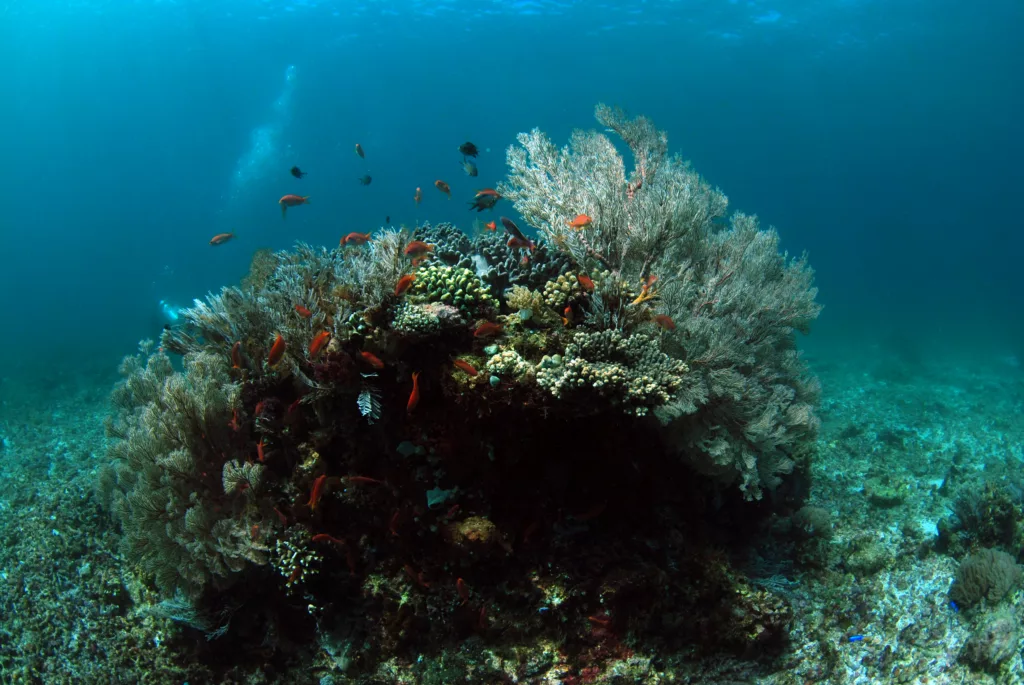
Bali, an island paradise, boasts some of the world’s most mesmerizing dive sites. Teeming with an array of colourful marine life and offering diverse diving spots ranging from vibrant coral reefs, eerie shipwrecks to captivating underwater landscapes; Bali is a dream come true for any diving enthusiast. However, while indulging in the thrill, one must dive responsibly by respecting marine life, equipment, and other divers’ safety. Being acutely aware of your surroundings goes a long way in ensuring your safety. Always trust your training and instincts to guide you through your underwater adventures. Bali guarantees an incredible diving experience, given that you dive-safely, responsibly, and consciously!
To further enhance your diving experience in Bali, consider enlisting the services of experienced dive operators who are knowledgeable about the local dive sites and can provide valuable insights and guidance. Additionally, investing in high-quality dive gear and ensuring that it is properly maintained and serviced regularly is essential for a safe and enjoyable diving experience. By prioritizing safety and sustainability, you can make the most of your diving adventures in Bali while minimizing risks and contributing to the conservation of its precious marine ecosystems.
Lastly, don’t forget to capture your unforgettable underwater moments through underwater photography or videography. Documenting your diving experiences not only allows you to relive the memories but also serves as a powerful tool for raising awareness about the importance of marine conservation. Share your photos and videos responsibly on social media platforms, highlighting the beauty and fragility of Bali’s underwater world, and inspiring others to join in efforts to protect it for future generations to enjoy.
Dive Right, Dive Safe: Concluding Thoughts
The thrill of scuba diving lies in exploration, in unveiling the mysteries the underwater world holds and the breathtaking experiences of the likes of Bali diving. But with the thrill, comes responsibility – of understanding potential risks and equipping yourself with apt knowledge, gear, and skills. So, as you plan your future underwater adventures, remember to dive right, and dive safe.
To ensure a safe and enjoyable diving experience, it’s crucial to stay informed about the specific risks associated with diving in Bali, such as strong currents, depth limitations, and marine life encounters. By familiarizing yourself with these factors and taking appropriate precautions, you can minimize the likelihood of accidents or injuries during your dives. Additionally, investing in high-quality dive equipment and regularly maintaining it can help prevent equipment malfunctions and ensure your safety underwater.
Furthermore, consider enrolling in a certified scuba diving course before embarking on your diving adventures in Bali. These courses provide comprehensive training in diving techniques, safety procedures, and emergency protocols, equipping you with the skills and knowledge needed to navigate the underwater environment with confidence. Remember, while the allure of Bali’s underwater world is undeniable, safety should always be your top priority. So, dive responsibly, respect the ocean, and enjoy the wonders that await beneath the surface.

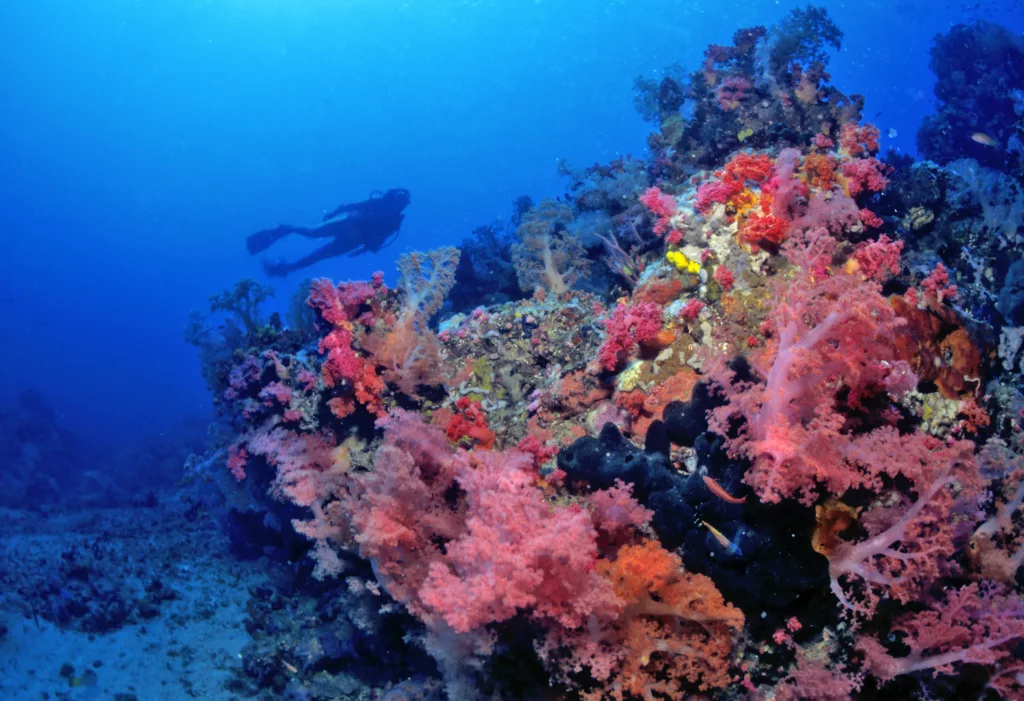
This article highlights the importance of understanding and avoiding common diving injuries. It’s crucial for divers to prioritize safety and take necessary precautions to minimize risks.
Thank you for sharing your thoughts, Rizal! We completely agree that prioritizing safety and taking necessary precautions are crucial when it comes to diving. At Pebble & Fins, we’re committed to providing a safe and enjoyable experience for all our guests. That’s why we’ve dedicated training facilities for our local staff and around us, as well as provide job opportunities in the local community. We believe that by working together, we can make a real impact at the local level through education and job creation. Join us on our mission to change the world, one resort at a time! For more information or to book your stay with us, please contact us at [email protected] or +62 857 3891 8262.
I’m glad this article emphasizes the need for responsible diving practices in Bali. The island’s marine ecosystem is indeed fragile, and we must do our part to protect it.
Thank you for sharing your thoughts, Nadia! We couldn’t agree more on the importance of responsible diving practices in Bali. At Pebble & Fins, we’re committed to making a positive impact on our local community and marine ecosystem. If you have any questions or would like to learn more about our initiatives, please don’t hesitate to reach out to us at [email protected] or +62 857 3891 8262. We look forward to hearing from you!
As a seasoned diver, I appreciate the emphasis on staying informed about local diving conditions and potential hazards. It’s essential for divers to stay alert and adapt to changing circumstances.
Thank you for sharing your valuable experience, Ezra Lee! At Pebble and Fins, we also prioritize the importance of staying informed about local diving conditions and potential hazards. Our dedicated team is committed to providing our guests with comprehensive training on diving safety protocols and emergency procedures. We’re glad to hear that you appreciate this emphasis, and we look forward to welcoming you back to our resort in the future. If you have any questions or concerns, please don’t hesitate to reach out to us at [email protected] or +62 857 3891 8262.